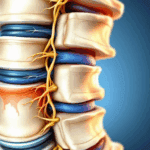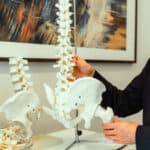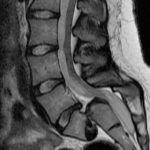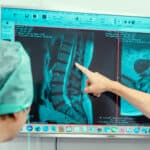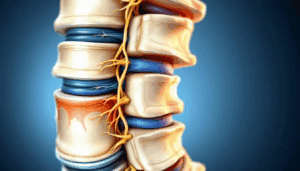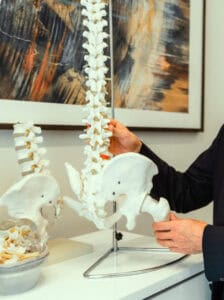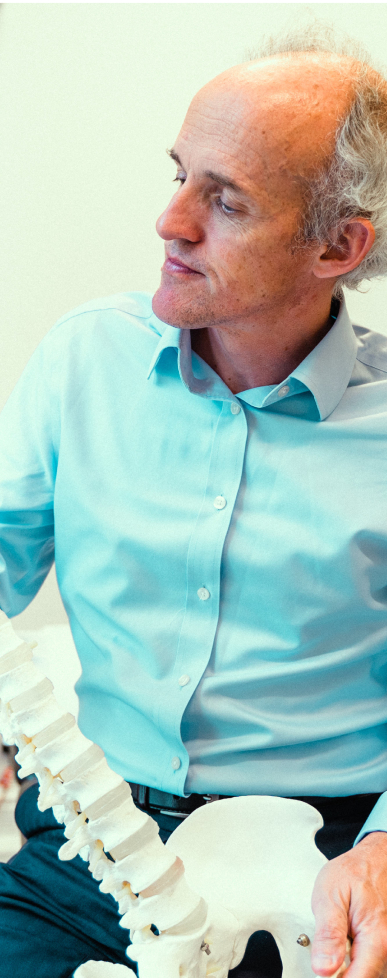
Back pain relief: dos and don’ts
This article also appears on Top Doctors in collaboration with Caspar Aylott
We are all prone to acute back pain at some point in our lives. Luckily, there are some ways to prevent it. We recently sat and spoke with an internationally trained orthopaedic spine surgeon, Mr Caspar Aylott, who gave us some advice on how we should treat acute back pain.
What do you suggest for back pain and what do you advise against?
For an acute episode of back pain:
The Dos
- Simple analgesia such as paracetamol and an anti-inflammatory painkiller such as ibuprofen taken maximally and continuously if tolerated over 1-2 weeks. Codeine phosphate can be added if required and all of these medications are available over the counter at a chemist without a prescription. The pharmacist can advise further if necessary.
- A few days of rest may be necessary but the general advice is to try and keep moving if possible.
- Gentle stretching exercises as pain allows. A physiotherapist may help with this if necessary.
- Gentle manual therapy may also be helpful for some during an episode of back pain but should not be continued as a ‘maintenance’ treatment when better.
- Do regular daily exercises to strengthen the core, back and tummy muscles when better to reduce the frequency and severity of future back pain episodes. Consider joining a Pilates or yoga group.
The Dont’s
- Avoid spending the day in bed without moving. This can slow recovery.
- Don’t panic and rush straight to the GP, or worse A and E, unless the pain is unmanageable or there are other causes for concern.
- Don’t stress out! Most episodes of back pain resolve within a few weeks so remain optimistic.
- Avoid having repeated sessions of manual therapy ad infinitum. If manual treatment is not helping within a few sessions, stop.
- Avoid online searches for ‘back pain cures’ and follow mainstream advice.
- Avoid lay theories of friends or family, however well-intentioned, unless experienced in back pain care.
- Don’t self-arrange MRI scans. Specialists should arrange specialist imaging as they know what to request and are trained to understand and explain what the imaging shows and what is relevant or not. MRI scans show anatomy not pain so skilled interpretation is vital.
When is surgery an option?
Surgery is seldom required for back pain and should always be considered a last resort when nothing else has worked. Surgery generally works best when nerves are pinched (spinal stenosis) or if there is spinal instability (excess movement) or deformity. A very simple earlier option for back pain (which is not improving with time, analgesia and exercise) are spine injections. The principal here is targeting the area of the back where the pain is thought to be arising with a strong anti-inflammatory (steroid) painkiller.
Injections can work very well in some individuals and speed a rapid recovery but may not work or last in others. Spine injections are carried out by spine specialists (often Consultant Spine Surgeons) with the best knowledge and understanding of spinal anatomy and diagnosis. Specialists will first arrange appropriate imaging of the spine to help make a diagnosis and then target injections if this seems a helpful option. Usually, injections do not need to be repeated. Injections will often help facilitate better back rehabilitation and exercise.

